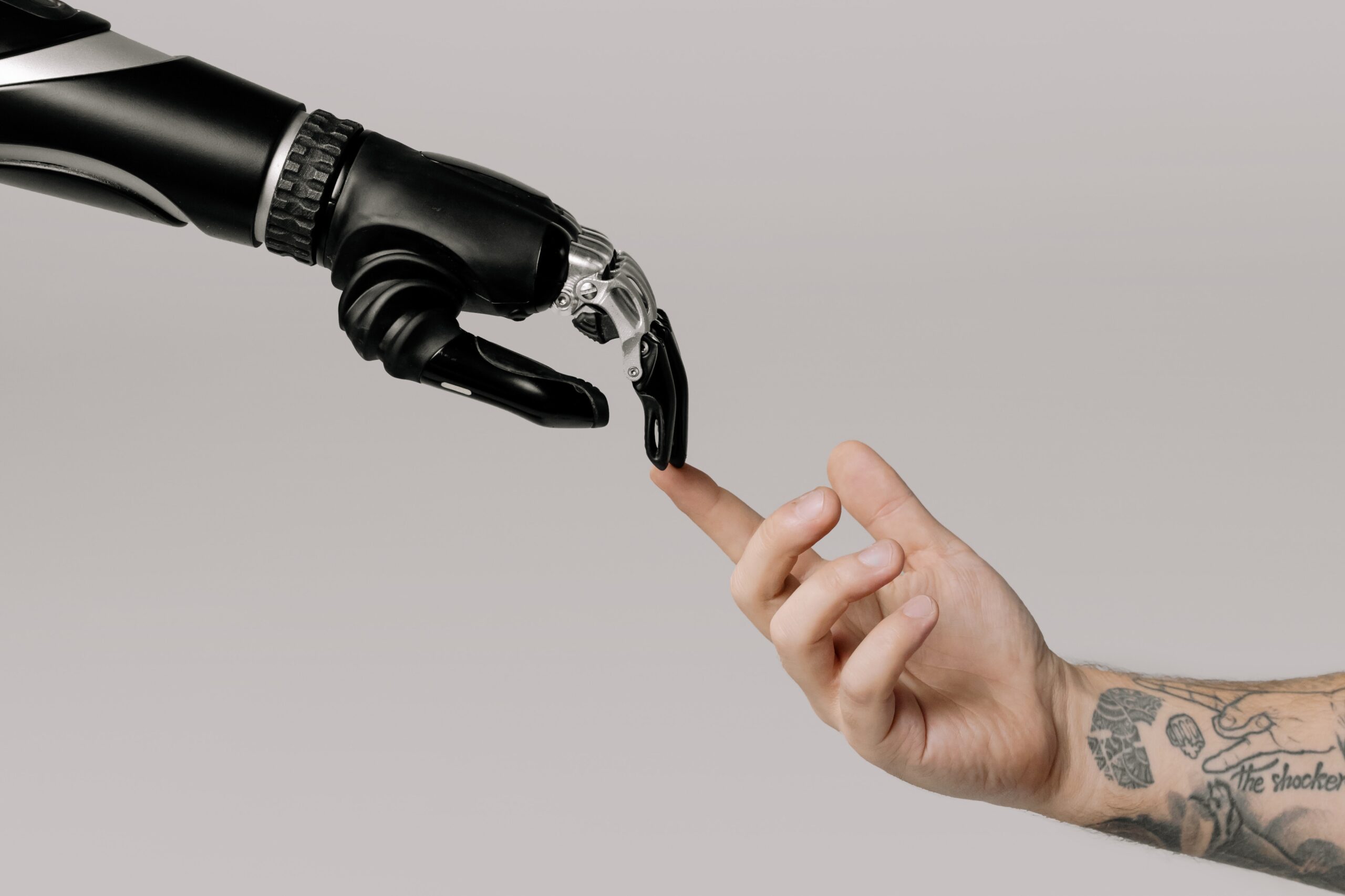
AI and Online Content: The rise of AI has sparked concerns about its potential to replace human jobs, particularly in the realm of online content creation. With technologies like ChatGPT becoming more accessible and Google introducing AI-powered search enhancements, the question arises: will AI eliminate human-generated online content? In essence, the answer is no. AI and online content: A story of change not takeover.
AI’s Influence on Content Creation
AI, exemplified by ChatGPT and similar language models, won’t render human content creators obsolete. Rather, it will bring about a transformation in how content is produced. The distinct qualities of human-written content, such as opinions and personalities, remain irreplaceable by AI-generated text. The inherent human touch in content creation holds value that AI cannot replicate.

AI-Generated Reviews and Summaries
Recent developments like AI-generated reviews and summaries, as adopted by companies like Amazon and Newegg, have triggered discussions. Although AI-generated reviews offer convenience, their reliability remains questionable, given their nascent state. A previous exploration has highlighted the potential pitfalls of relying solely on AI-generated reviews due to their lack of contextual understanding.
Also Read: AGI Innovators
Google’s Search Generative Experience (SGE)
Google’s AI-driven summaries, known as the Search Generative Experience (SGE), raise further intrigue. This feature intends to condense lengthy articles into key points or takeaways, much like effective in-depth reporting. While this innovation may spark concerns about the marginalization of full articles, it doesn’t necessarily render them obsolete.

AI Summaries vs. Human-Written Content
AI excels in summarizing facts and news, yet it cannot replicate the nuanced perspective embedded in human-authored content. News interpretation is inherently subjective, influenced by the reporter’s perspective. AI-generated summaries lack the capacity to capture the intricacies and interpretations that underscore a writer’s key takeaways. This limitation becomes evident in scenarios where different political perspectives interpret the same event in diverse ways.
Also Read: Potential of Chatbot Technology
AI’s Evolving Role
AI like ChatGPT will inevitably revolutionize online content generation, particularly as OpenAI continues to refine language models and address plagiarism concerns. AI’s contributions to content creation will expand, but it won’t eclipse the distinctiveness of human-generated content. Editorial pieces and opinionated writing, which rely on a unique human voice, will remain outside AI’s realm of replication.
Shifting Content Landscape
The online content landscape has been moving away from simple news regurgitation for years. Even if AI takes over certain aspects, it won’t entirely replace the multifaceted nature of content creation. AI’s impact will manifest as a coexistence of human and machine-generated content, each fulfilling distinct roles.
Also Read: Application Programming Interface
AI’s Future Horizons: Enhancing Collaboration
While concerns about AI replacing human creators persist, the future holds promise for an enhanced symbiosis between humans and machines. Content creators can harness AI’s capabilities to streamline research, gather data insights, and aid in ideation. This collaborative approach will likely yield richer and more informed content, blending the efficiency of AI with the creativity of human writers.
Navigating Ethical Challenges: Balancing Automation and Authenticity
As AI’s role in content creation evolves, ethical considerations come to the forefront. Striking a balance between automated content production and preserving authenticity poses challenges. Maintaining transparency about AI involvement, ensuring proper attribution, and establishing clear guidelines for AI-generated content are essential steps to maintain ethical integrity in the evolving landscape.
The Future of Personalization: Tailoring Content Experiences
AI’s analytical prowess extends beyond production, empowering platforms to offer personalized content experiences. Through user behavior analysis, AI can curate content that aligns with individual preferences, increasing engagement and satisfaction. While AI can enhance personalization, it cannot replicate the emotional resonance and empathy conveyed through human-created narratives.
Adapting to Technological Shifts: Upskilling for Content Excellence
As AI continues to redefine content creation, content creators must adapt and evolve their skill sets. Embracing AI as a tool rather than a threat enables creators to focus on uniquely human aspects of content, such as emotional depth and storytelling finesse. Upskilling in areas where AI complements human expertise, such as data analysis and trend identification, equips creators to thrive in the evolving landscape.
Conclusion: The Harmonious Coexistence
AI’s influence on online content creation is undeniably transformative, yet it won’t spell the demise of human-generated content. Embracing AI as a collaborator rather than a competitor opens doors to innovative content possibilities. The evolving content landscape will witness a harmonious coexistence, where AI augments human creativity, resulting in a dynamic and diverse online ecosystem.

